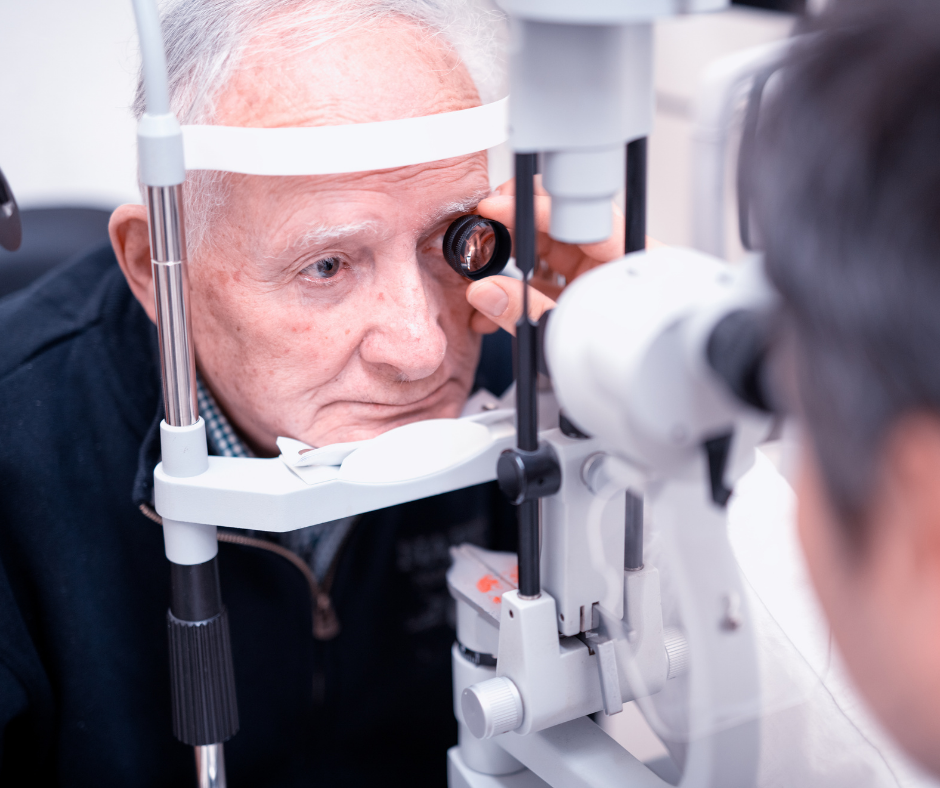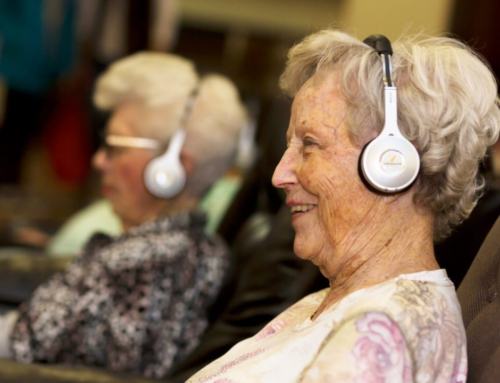Many residents living in local communities may need help if they are experiencing any signs of glaucoma. The eye disease can lead to partial or total blindness if the person doesn’t get proper treatment.
Glaucoma can lead to permanent damage of the optic nerve because of excessive pressure in the eye. If the fluid in the eye doesn’t drain appropriately, pressure can increase in the eye and cause vision impairment. By learning more about how to watch for and treat glaucoma, seniors will know where to start at the first sign of the detrimental eye disease.
Does the Senior Have Blurry Vision?
Blurry vision is a common sign of glaucoma and could lead to difficulties for seniors. Impaired vision can prevent residents from completing activities of daily life. By living in a senior community, many residents can get help each day. If anyone shows signs of glaucoma, the community staff can set up an appointment with an eye care specialist. After the person gets proper treatment for glaucoma, the care plan can improve vision and help the person get back to normal life quickly.
Were There Any Complaints of Severe Headaches?
In assisted living communities, many residents have access to in-home nursing to help throughout the day. The staff manages housekeeping, meal preparation, and helps the individual get ready each day.
If the individual has been complaining about severe headaches, the nurse can reach out to the doctor and find out if the person has developed glaucoma. The staff can set up transportation services that are provided by the community to get the resident to the doctor’s appointment on time.
Has the Resident Mentioned Halos Around Lights?
With glaucoma, the person may notice rainbow halos around lights in the home, and these halos are a sign of glaucoma. If the individual sees these haloes, they can inform the healthcare workers in the community. If any resident is having two or more symptoms of glaucoma, this could be a sign of the eye disease and warrants an immediate appointment for an eye examination.
Which Residents Are Likely to Develop Glaucoma?
Studies show that a majority of individuals who are diagnosed with glaucoma are at least 60 years old. Residents who are living in a senior community are at least 55, and anyone who has a family history of the disease should get an eye examination at least once a year to evaluate their eyes. A predisposition to glaucoma doesn’t mean that the person is guaranteed to develop glaucoma, but regular assessments can find signs and pave the way for treatment earlier.
When Was the Last Eye Examination?
Doctors recommend getting an eye examination at least once every two years. If the resident is experiencing signs of glaucoma, the nurses at the community can contact the preferred eye doctor and find out the date of the resident’s last examination appointment. If the exam was more than a year ago, the individual may need to set up an appointment for a fast assessment.
Are There Medications That Increase Risks?
Yes, medications including prednisone, OTC cold medicine, and prescription drugs used for controlling seizures and overactive bladder increase the risk of glaucoma. Insulin used to control diabetes can also be a cause of the eye disease.
Great Homes for Seniors
At Orchard Park at Southfork, we offer assistance for all residents who are experiencing signs of glaucoma. Our senior community offers exceptional apartments for all residents and provides a wealth of activities for everyone. Families and seniors can learn more about memory care and other services we provide by setting up a tour of the entire community.
Glaucoma is a detrimental eye disease that is caused by pressure in the eye and damages the optic nerve. Many residents who live in senior communities are at the highest risk of getting the disease. The common signs of glaucoma are blurry vision, headaches, nausea, and vomiting. At the first sign of the disease, the individual can set up an appointment with the preferred eye care specialist.
When living in a senior community, the staff can help the residents get to the eye examination appointment. The communities provide a wealth of services that are beneficial for everyone, including transportation to healthcare appointments. During an eye examination, the doctor can capture images of the optic nerve and determine if the person has glaucoma and to what stage the eye disease has progressed. By reviewing what to watch for and how to treat glaucoma, seniors can get help for the eye disease and prevent vision loss.






